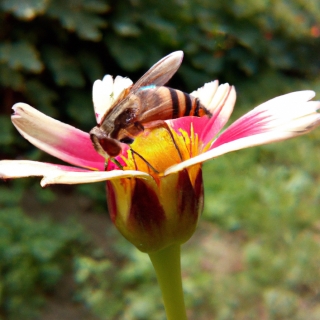
Positive Impact of Coronavirus Lockdown on Environment
With the recent emergence of the coronavirus pandemic (coronavirus lockdown), we’re able to see a positive impact on environmental conditions. Not only are we able to see better air quality and water quality, but we are now seeing a shift in patterns of wildlife activity. This is all due to the drastic steps were taken by governments to control the spread of the Coronavirus. This has halted the life of people around the globe and forced them to rethink in order to protect themselves from this pandemic. Due to this, the governments have lockdown their people from the outside world for a while and even shut down the factories, transport, schools and offices.
The majority of events and conferences are cancelled, and some are postponed, such as the Indian Premier League (IPL), the World Athletics Indoor Championships and Facebook’s annual conference. Most of the countries have restricted the border area and denied a visa to visitors. A few countries have also closed their airports and have limited travel options. Social distancing and working from home are the new norms in our lives.
A significant improvement in air quality
Improvement in air quality is one of the biggest positive effects of lockdown due to coronavirus. This is due to reduced unnecessary travel, manufacturing units shutting down and the data collected and analyzed by the environmental researchers and scientists shows the emergence of cleaner air. According to research by Columbia University, both carbon monoxide (CO) and carbon dioxide (CO2) discharges have declined by approximately 50 per cent and 10 per cent respectively, in New York City.

The air has become so clear that the Himalayan peaks are visible from Jalandhar in Punjab, situated 140 km away. The residents of Jalandhar say that for the first time in 20-30 years, the air has become so clean that they can see the Himalayan peaks from Jalandhar.

In China, during the Coronavirus (COVID-19) pandemic, the carbon emissions fell by around 25 percent over four weeks at the beginning of this year.
Undisturbed habitats of animals
Due to the Coronavirus lockdown, people are forced to stay indoors and animals are moving out of their normal haunts. This has resulted in an increased diversity of life and allowed these animals to flourish. In Venice, the canals are now clean and healthy due to the reduced tourist’s activity and the number of motorboats vastly reduced.

Image Credit: Shutterstock.
The lockdown has created a perfect environment in Odisha’s Gahirmatha beach and Rushikulya’s rookery for olive ridley turtles to lay eggs. Such events attract enormous numbers of tourists and people, hence forest department officials have to keep an eye on them. These officials protect these eggs and later release them into the sea. However, due to the absence of huge crowds, the number of olive ridley turtles increases up to 8 lakh this year.



